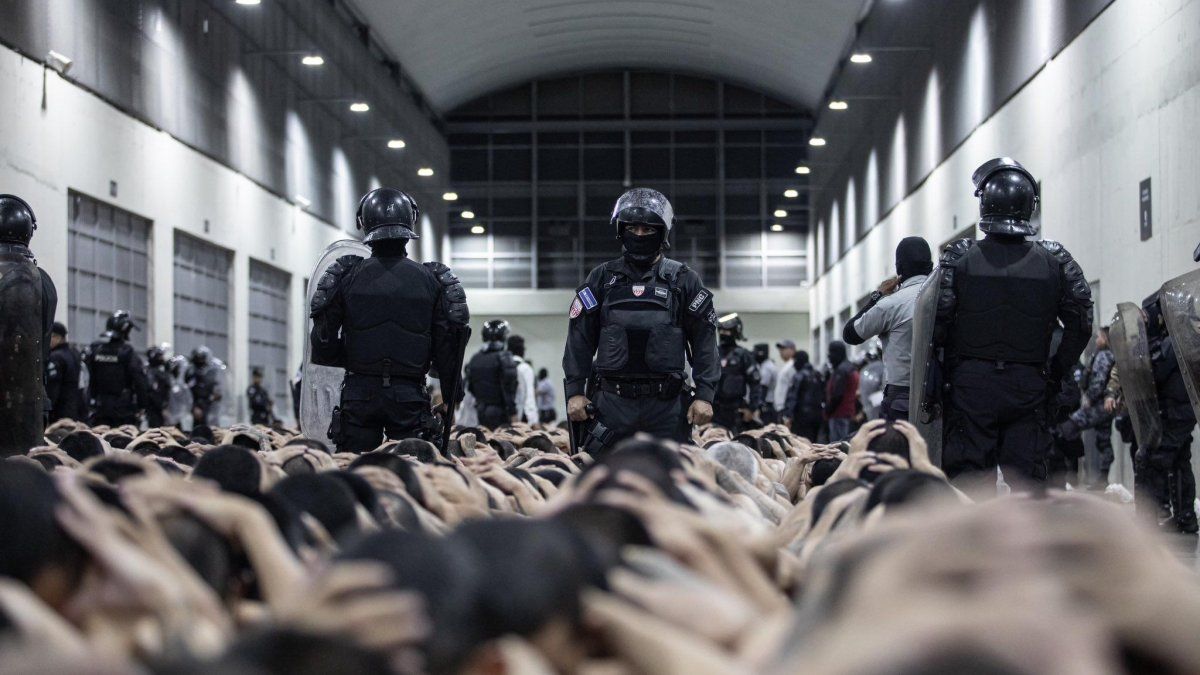After the compulsory Corona break two years ago, a commercial vehicle IAA is now running again in Hanover. Many exhibitors have big plans in terms of climate protection and digital traffic control.
The largest commercial vehicle and logistics trade fair IAA Transportation opened to the public in Hanover on Tuesday. More than 1400 exhibitors from 42 countries will be showing their innovations in the Lower Saxony state capital until Sunday. At many stands, companies and visitors are also discussing the enormous increase in the price of energy and other consequences of the war in Ukraine. The Transport IAA alternates annually with the Car IAA, but the last date in autumn 2020 was canceled due to the corona virus.
Central topics this time are climate protection, alternative drives, digital networking and concepts for the growing delivery traffic in cities. The head of the automotive industry association VDA, Hildegard Müller, said: “The IAA Transportation shows how we can achieve climate neutrality in transport and logistics”. At the moment, however, the challenges are great. The Ukraine conflict has “profound consequences” for the industry, the security of the energy supply is stressed. “We live in serious times,” said the head of the association. “And we have to get down with the energy costs.”
Müller again called on politicians to lower the electricity tax to the minimum level permitted throughout the EU. In general, the German tax and duty system is “not internationally competitive,” she criticized. With regard to the debate about temporary reserve capacities of the remaining nuclear power plants, she said: “In the current situation, every opportunity must be used.”
Lower Saxony’s Prime Minister Stephan Weil (SPD) said it was a good sign that the commercial vehicle IAA had expanded into a more comprehensive mobility fair: “This courage was worth it.” The energy crisis brings additional pressure to act: “I think we have to be wide awake to ensure that the industry remains competitive in this sensitive situation.”
Because: Need competitive energy prices
Rapid reductions in energy costs are essential in order to relieve the burden on the economy and consumers. “We have to come to competitive prices for energy – otherwise we will get into problems that we should not afford,” Weil said. Aftermath of the corona pandemic and supply chain disruptions continued. “And since the Russian invasion of Ukraine, we now have an energy crisis.” It is central that an “active policy” brings quick measures on the way. A new Lower Saxony state parliament will be elected on October 9th.
“From now on, the use of renewable energies in commercial vehicles is also highly economical,” said Weil. Even after the war, fossil fuels would hardly be as cheap as before. Hanover’s Lord Mayor Belit Onay (Greens) underlined the program item delivery logistics. Growing online trade requires new approaches: “Cities need answers from the vehicle industry on the environment, noise, competition for space.” It must also be about securing the quality of life of people in inner cities.
Müller, Weil and Onay made a tour of the exhibition grounds. Among other things, they visited the manufacturer Daimler Truck. A new electric truck model, which is scheduled to start in 2024, already has a range of 500 kilometers with one charge. The competitor MAN stated up to 800 kilometers as a “daily range” for a similar model, possibly with several charging stops.
Source: Stern
Jane Stock is a technology author, who has written for 24 Hours World. She writes about the latest in technology news and trends, and is always on the lookout for new and innovative ways to improve his audience’s experience.




